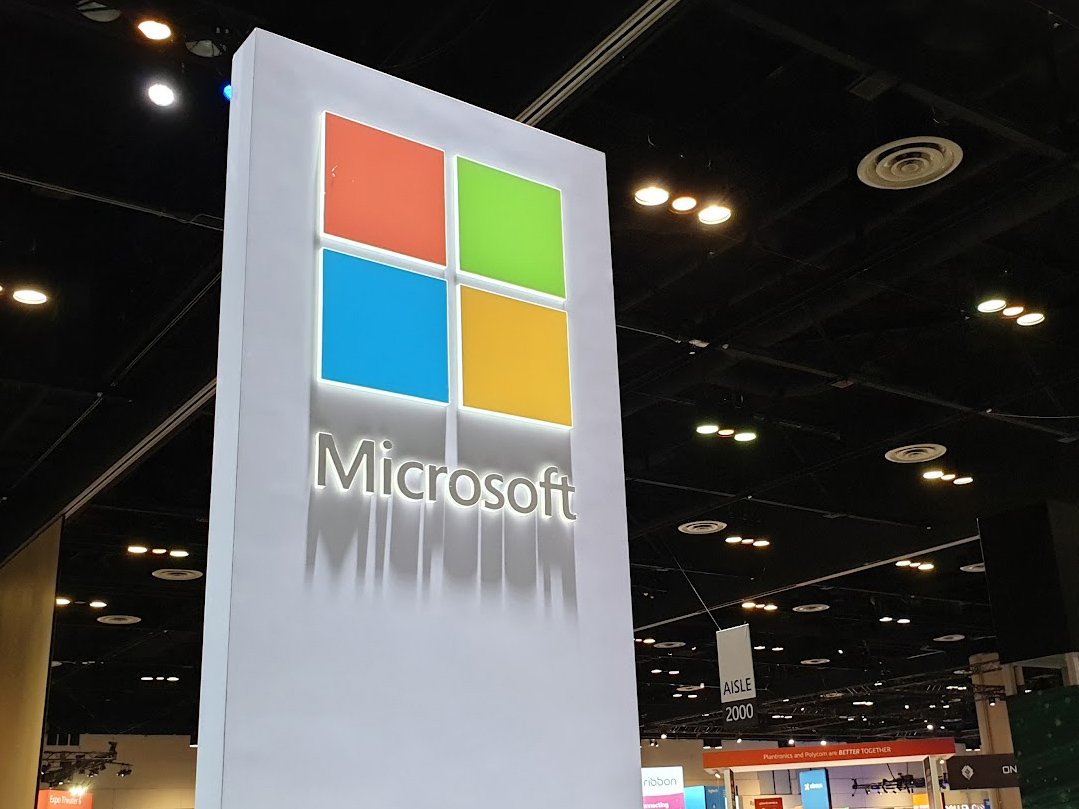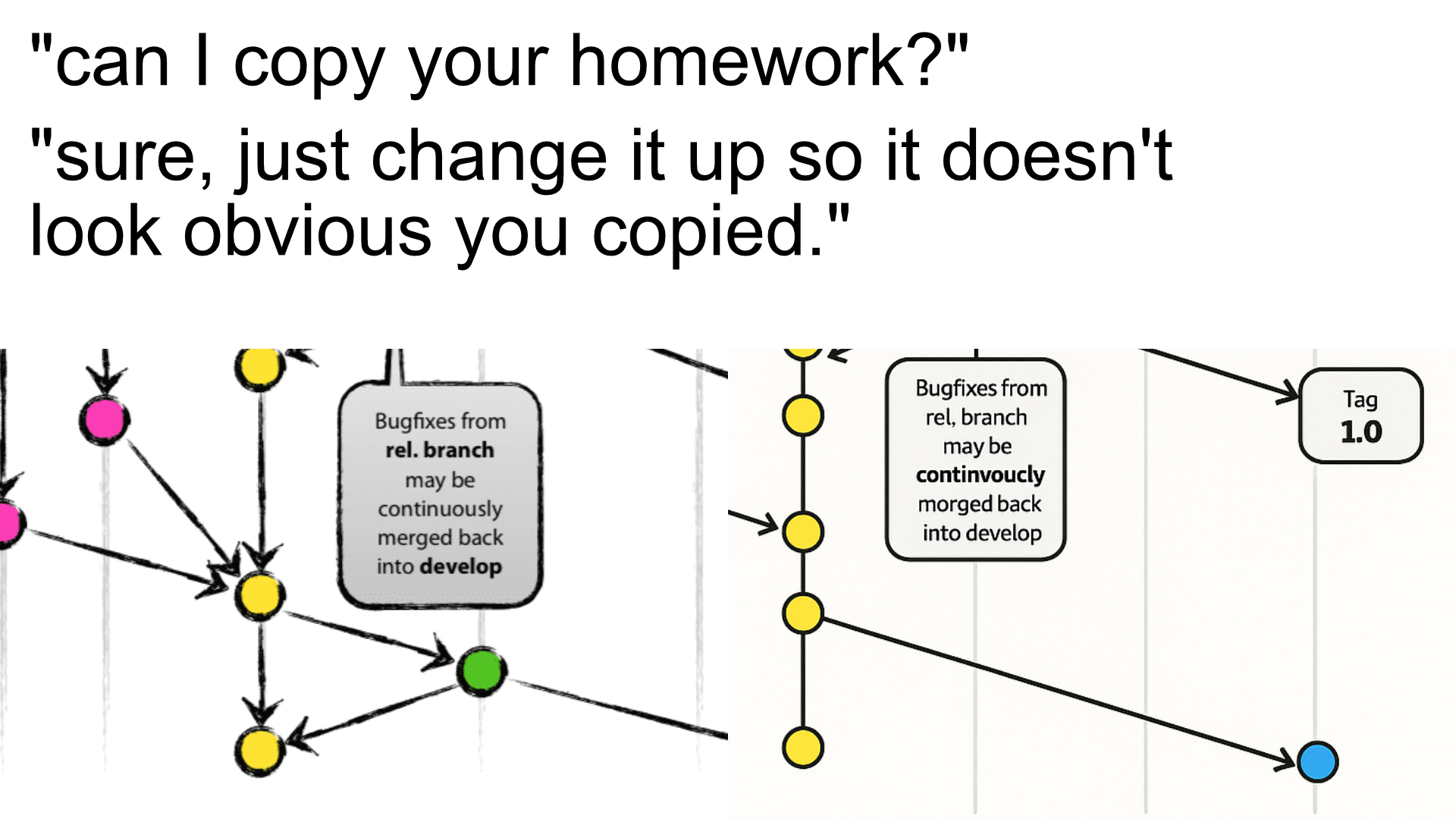FTC will review Microsoft's acquisition of Activision Blizzard, says report
The FTC has generally been more aggressive with blocking deals than the Justice Department, but we'll have to wait to see if that's the case with Microsoft buying Activision Blizzard.

All the latest news, reviews, and guides for Windows and Xbox diehards.
You are now subscribed
Your newsletter sign-up was successful
What you need to know
- Microsoft's acquisition of Activision Blizzard will be investigated by the Federal Trade Commission in the United States, according to a report.
- The FTC is generally more aggressive when reviewing mergers and acquisitions than the Justice Department.
- The Justice Department and the FTC often come to a joint decision regarding which agency should look into proposed deals.
The Federal Trade Commission (FTC) will review Microsoft's proposed purchase of Activision Blizzard, according to a report by Bloomberg. Microsoft announced plans to acquire Activision Blizzard for $68.7 billion last month. As is the case with any deal of this size and nature, the acquisition will have to go through a legal process to determine if it violates antitrust legislation. In this case, the FTC will review the purchase rather than the U.S. Justice Department, according to a source that spoke with Bloomberg.
Both the FTC and Justice Department are responsible for reviewing antitrust cases. The two agencies frequently work together to decide which one should investigate specific deals.
The FTC has expressed that it will be more aggressive regarding large mergers and acquisitions, though that doesn't indicate which way the commission will lean regarding Microsoft's planned purchase of Activision Blizzard.
The FTC sued to stop NVIDIA's purchase of Arm and Lockheed Martin's proposed purchase of Aerojet Rocketdyne Holdings.
The FTC has not responded to media requests for comment at the time of publication. Microsoft declined to comment to Bloomberg on the review of its planned acquisition of Activision Blizzard.
Microsoft's announced plans to acquire Activision Blizzard sent ripples throughout the gaming industry. Experts weighed in on the deal, as did the chief of the World Bank. Our Senior Editor Jez Corden also explained what the deal means for the Xbox platform and gaming in general.
All the latest news, reviews, and guides for Windows and Xbox diehards.

Sean Endicott is a news writer and apps editor for Windows Central with 11+ years of experience. A Nottingham Trent journalism graduate, Sean has covered the industry’s arc from the Lumia era to the launch of Windows 11 and generative AI. Having started at Thrifter, he uses his expertise in price tracking to help readers find genuine hardware value.
Beyond tech news, Sean is a UK sports media pioneer. In 2017, he became one of the first to stream via smartphone and is an expert in AP Capture systems. A tech-forward coach, he was named 2024 BAFA Youth Coach of the Year. He is focused on using technology—from AI to Clipchamp—to gain a practical edge.
